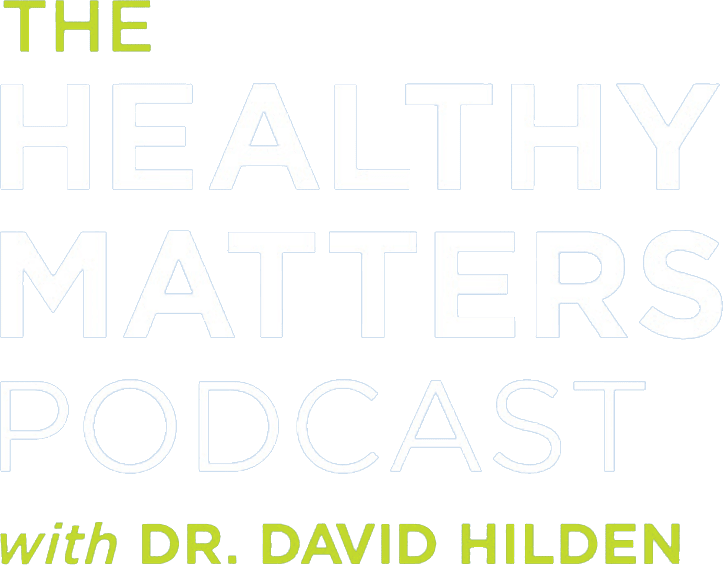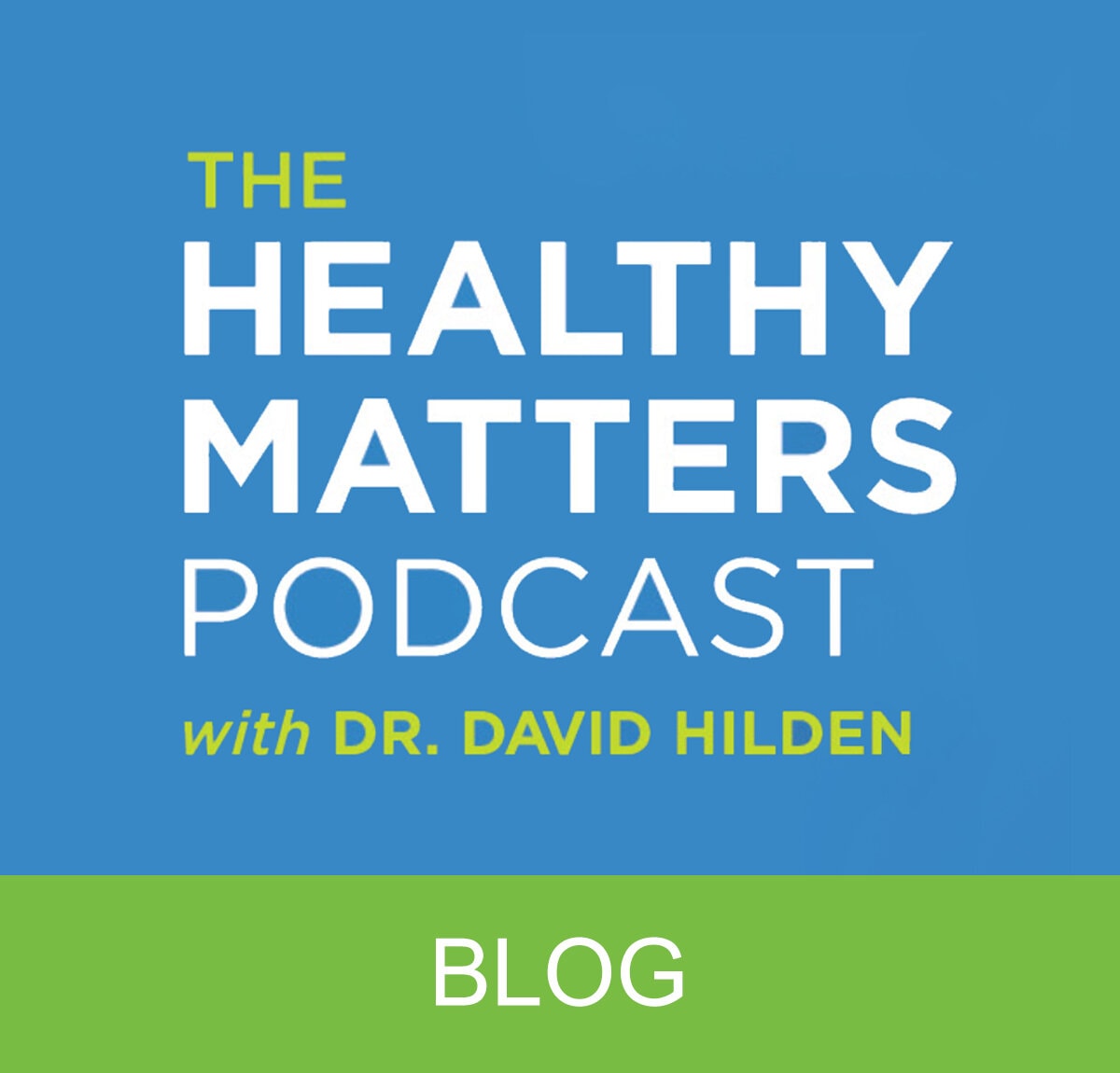Community Immunity
Who should get the pneumonia shot? Can you get multiple vaccines on the same day? Who should get the shingles shot and why? In Episode 23 of the Healthy Matters Podcast, I get these answers from my colleague Dr. Kate Hust, medical director of the Internal Medicine Clinic at Hennepin Healthcare.
We’re all accustomed to getting vaccines, but the COVID-19 pandemic brought discussion about them to the forefront of many conversations. I wanted to get the latest information from Dr. Hust about the COVID boosters, immunity and when and why we should consider getting the next shot.
“The latest booster vaccine, which we refer to as the bivalent booster, is available both from Pfizer and Moderna,” she explained. “And it prevents against additional strains of COVID compared to what our initial COVID vaccines were. It’s for everyone ages 12 and older.”
And what if you’ve already had COVID? How long should you wait before you get a booster? Dr. Hust said that you have your own protection, thanks to antibodies that your body produced, for up to about three months after getting the illness.
“You don’t have to rush out and get the vaccine. As long as you have recovered from COVID and are out of your quarantine period it’s safe for you to get the vaccine, but you also have a little space if you wanted to wait up to three months.”
We also talked about influenza and flu shots. Anyone who’s had the flu will be the best advocate for the annual flu shot. People who have had the flu tell me that it “hit them like a Mac truck.” I’ve had patients explain how they practically know they hour their flu symptoms hit. “I was fine at breakfast, and by lunch I was fatigued, had the chills and was coughing… it just hit me so fast.”
“Everybody can get the flu shot,” said Dr. Hust. “We recommend it starting from infancy and above. If you’re 65 plus, you should make sure you’re getting an especially designated flu shot that has a little bit better potency to provide extra protection. The flu shot usually becomes available sometime in September and the flu vaccine season really will run through February, sometimes later into the winter. Oftentimes it’s okay to wait I would say into October or November because we expect peak flu season to come December and after, and there may be a little bit of protection that wanes over time if you get it first thing in September.”
Patients who have seen a loved one experience the pain and rash of shingles often request this vaccine to avoid a similar encounter.
“The shingles vaccine can help prevent shingles, but what it’s actually really good at is decreasing the risk for what we call post-herpetic neuralgia — or the pain that comes after getting shingles.”
Give Episode 23 of the Healthy Matters Podcast a shot. Talking with Dr. Hust definitely boosted my knowledge about immunizations!
More of the Myriad Myths in Medicine – Let’s Debunk Again!
We’re tackling more myths of medicine on Episode 21 of the Healthy Matters Podcast. Oh – you’ve heard some of these before: “An apple a day keeps the doctor away,” and “don’t go outside with your hair wet or you’ll get sick!” Healthy Matters producer John Lucas joins me as we poke holes in these myriads of myths – and maybe even endorse a few.
Can cold weather make you sick?
Myth! It may make us feel down in the dumps when it’s below zero but we can’t blame cold weather for making us physically ill. While some viruses like influenza live better when the air is colder and drier, that’s not the reason why we get sick. Staying indoors around others who are avoiding the cold weather is why we are more likely to catch the flu and other illnesses during the colder months. You can catch a lot of cold-related things like frostbite, hypothermia or dry skin from going out in cold weather (I hope not!) but you won’t catch a cold.
How about them apples? Will they keep Yours Truly away?
Not likely – but there may be some truth to staying healthy by eating more fresh fruits and vegetables, and apples certainly fall into that category.
Plucking a gray hair – will a thousand show up to its funeral?
Myth! Has anyone else heard this phrase? Don’t pull your hair out over this one, just check out the podcast for more information before you start shrinking. Oh yes, that is not a myth. It’s true, as we age both men and women can lose some height due to several reasons, but gravity is the major culprit.
Does cracking your knuckles or other joints promote arthritis?
Myth! While cracking your joints increases your chances of being annoying, it’s not particularly dangerous. Listen to the podcast to find out what makes the sounds when you crack your joints.
Is breakfast for champions? Is there such thing as fat-burning foods? Is hearing loss permanent? You’ll find out the answers in Episode 21 of the Healthy Matters Podcast.
One thing we can all agree on is that laughter is the best medicine – and puppies can also give us a dose of joy that will brighten anyone’s day. Hear about some shenanigans that were recently deployed in one of our busy clinics to remind us that laughter is a very powerful predictor of health.
Thank you for listening to the Healthy Matters podcasts and remember, don’t criticize anyone unless you’ve walked a mile in their shoes (because then you’ll be a mile away, and have their shoes). Sorry, bad dad joke. Did it make you laugh?
Eating through the ages. Let’s talk about food!
In Episode 20 of the Healthy Matters Podcast, we talk about something that’s of interest to everyone on the planet: food. We take look at the relationship between food and health in ways that maybe you haven’t thought about before. Dr. Kate Shafto, an internal medicine physician, joins me for this delicious discussion.
“Food has become really complicated in our world,” she explains. “Today, we have a global economy – a global food system. There are a lot of layers to that food system that we aren’t seeing day-to-day, and it’s made food become more complicated – and that’s impacting our health.”
The “layers” Dr. Shafto is referring to is how a hundred years ago, the points of access to our food weren’t as complex as they are now, and we had products that were sold or accessed very close to where they were made or produced. Our food wasn’t part of an industrialized food system. For example (and pardon the pun) these uncomplicated “layers” may have been a couple of hens you had in your backyard who produced eggs. Your milk, cheese and meat came from the farmer down the road, and you probably had your own vegetable and herb garden. In addition, someone in your family likely hunted for meat. Fresh, unprocessed food was available and uncomplicated – without the involvement of preservatives, pesticides, or transcontinental road trips.
Why does this matter for our health? Dr. Shafto explains.
“Now, when food is harvested in Argentina and flown, shipped, and transported all the way to Minnesota, it has been picked at a point in its life when it wasn’t ready to be picked, or it was picked when it was ready to be picked but by the time it gets here, it is not in good shape and then it is wasted. And so that contributes to food waste because of all the transportation and production issues all over the world.”
Dr. Shafto also adds that it’s estimated that a third of the food produced in the world is wasted, which contributes to all kinds of disruptions to the environment that also impacts our health.
Our gut has an environment of its own that requires an amazing collection of microbes that play a major role in our overall health. This of course led us to the natural conversation of poop, bacteria, and the diversity of what we eat to keep everything in balance.
“In addition, if the good bacteria and microbes are exposed to pesticides and other toxins or plastic residue that end up in our food, then it kills off these good bacteria and the pathogenic or harmful bacteria can start to take over,” she said.
Are you having a gut feeling that there might be a strong connection between your food and mental health? If so, you should pour yourself a refreshing glass of clean water, relax, and take a listen to Episode 20 of The Healthy Matters Podcast. You’ll hear how you can develop a satisfying, healthy new relationship with your food that will have benefits to last a lifetime.

